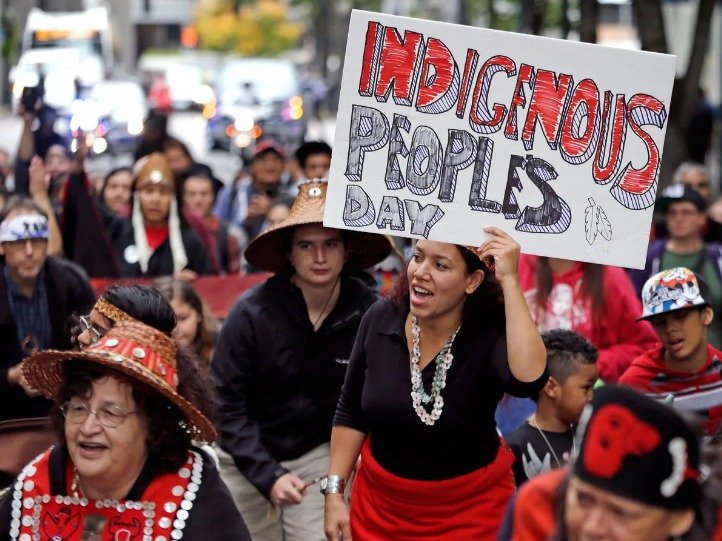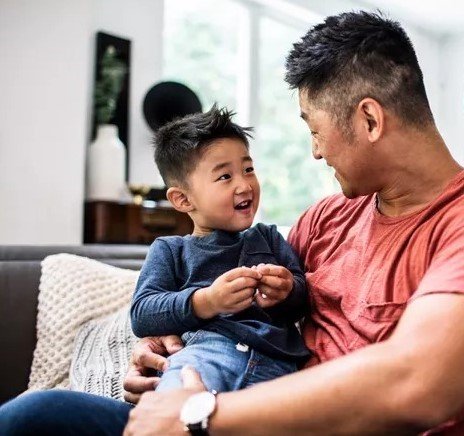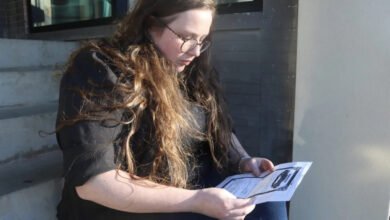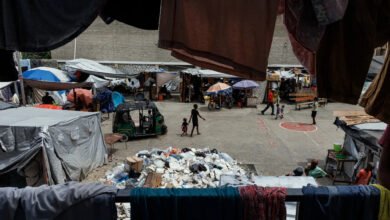Celebrating Indigenous Peoples Day 2024

Indigenous Peoples’ Day originated in the 1970s as a response to the celebration of Columbus Day, which many Indigenous advocates viewed as a commemoration of colonization and its devastating impacts on Native communities. The first official observance took place in 1977 during a conference on discrimination against Indigenous populations, organized by the United Nations and held in Geneva, Switzerland. Delegates proposed replacing Columbus Day with Indigenous Peoples’ Day to honor Indigenous cultures and histories.
Historical Context of Columbus Day and Indigenous Peoples Day 2024
In 1990, the state of South Dakota became the first to formally recognize Indigenous Peoples’ Day, celebrating it alongside Columbus Day. Over the following decades, various states, cities, and organizations began adopting the holiday, recognizing its importance in acknowledging historical injustices and promoting awareness of Indigenous issues. Today, many places celebrate Indigenous Peoples’ Day with events that honor Native cultures, histories, and contributions while advocating for Indigenous rights. The movement continues to grow, emphasizing the need for reconciliation and a deeper understanding of America’s complex history.
The core objectives of Indigenous Peoples’ Day include:
1. Honoring Indigenous Cultures: Recognizing and celebrating the rich histories, traditions, and contributions of Indigenous peoples in the United States.
2. Acknowledging Historical Injustices: Reflecting on the violence, displacement, and exploitation faced by Indigenous communities since European colonization.
3. Promoting Awareness: Educating the public about Indigenous issues, rights, and the ongoing impacts of colonization.
4. Advocating for Sovereignty: Supporting the rights of Indigenous peoples to self-determination and sovereignty over their lands and cultures.
5. Fostering Reconciliation: Encouraging dialogue and understanding between Indigenous and non-Indigenous communities to promote healing and justice.
6. Encouraging Representation: Advocating for greater representation of Indigenous voices in cultural narratives, politics, and education.
The Role of Parents in Teaching Their Children About Indigenous Peoples’ Day
Here are several ways they can effectively contribute to this education:
1. Initiating Conversations
– Discuss Historical Context: Parents can explain the significance of Indigenous Peoples’ Day, including its origins and the history of colonization.
– Share Personal Stories: If applicable, sharing family stories or experiences related to Indigenous culture can make the topic more relatable.
2. Encouraging Critical Thinking
– Ask Questions: Engage children with questions about what they know and think about Indigenous peoples, encouraging them to explore different perspectives.
– Discuss Current Events: Talk about ongoing issues faced by Indigenous communities, fostering a deeper understanding of contemporary relevance.
3. Promoting Cultural Awareness
– Explore Indigenous Cultures: Introduce children to Indigenous art, music, and traditions through books, documentaries, and local events.
– Celebrate Indigenous Achievements: Highlight notable Indigenous figures and their contributions to society.
4. Engaging with Educational Resources
– Use Diverse Materials**: Provide books, films, and online resources created by Indigenous authors and filmmakers to ensure accurate representation.
– Visit Cultural Institutions: Take children to museums, cultural centers, or events that focus on Indigenous history and culture.
5. Participating in Local Events
– Attend Celebrations: Participate in Indigenous Peoples’ Day events in the community to learn and show support.
– Volunteer or Support: Get involved with organizations that advocate for Indigenous rights or cultural preservation.
6. Fostering Respect and Empathy
– Teach Values of Respect: Instill values of respect for all cultures, emphasizing the importance of listening to and learning from Indigenous voices.
– Encourage Allyship: Discuss ways children can support Indigenous communities, such as advocacy, fundraising, or simply educating their peers.
By actively engaging in these practices, parents can help their children develop a well-rounded understanding of Indigenous Peoples’ Day and the significance of Indigenous cultures, fostering a sense of respect and responsibility towards social justice.
Image Source: https://www.britannica.com/





